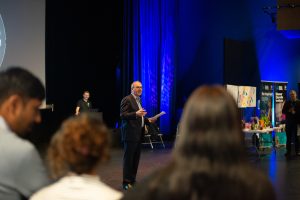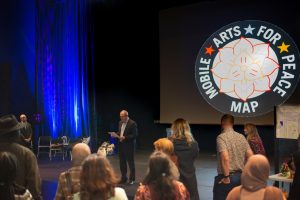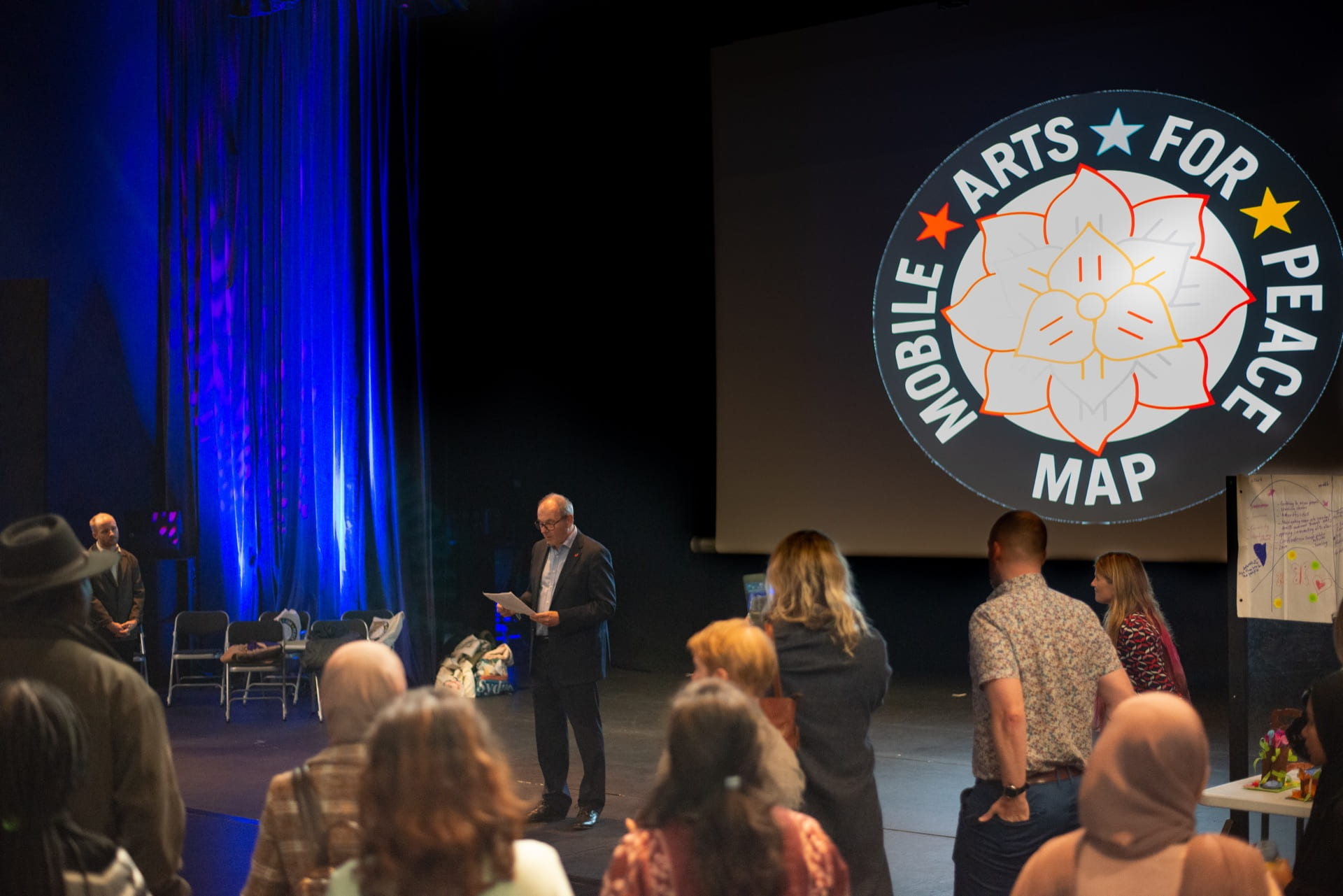Latest posts
- Journal article: Reimagining Peace Education in Nepal: Arts-Based, Learner-Centric Pedagogy for Social Justice and Equity 13 July 2025
- Curricula: Mithila art-focused local curriculum in Nepal 2 July 2025
- MAP International Online Conference 2025 1 June 2025
- Policy brief: Gira Ingoma book and policy brief: “The Culture We Want, for the Woman We Want” 28 November 2024
- Manuals and toolkits: GENPEACE Children’s Participation Module in the Development Process 13 November 2024
- Journal article: [Working Paper] Gira Ingoma – One Drum per Girl: The culture we want for the woman we want 30 October 2024
- Curricula: Beyond Tradition: Psychosocial Model 30 October 2024
- Curricula: Beyond Tradition Module: Revitalizing Lenong as a Model for Teaching Betawi Arts 30 October 2024
- Curricula: Beyond Tradition: Lenong Revitalisation as a Model for Teaching Betawi Cultural Arts 30 October 2024
- Beyond Tradition Lenong Performance “RAWR…! Kite Kagak Takut” 30 October 2024
- Journal article: [Working Paper] Facing Heaven – Déuda Folklore & Social Transformation in Nepal 30 October 2024
- Curricula: Building Community Curriculums 24 October 2024
Vice Chancellor Prof. Neal Juster delivers Welcome Speech at MAP ‘Gathering’ Conference

Welcome to this Mobile Arts for Peace (MAP) reception. I would like to welcome you on behalf of the University of Lincoln. I know you have been here, in Lincoln, for most of the week and have been kept rather busy. But I also hope you have felt welcomed into a fabulous city, embraced by the University and been entertained well at some of the city’s establishments every evening.
It is good to see delegates from so many different countries, participants and project investigators. It has been good to see some of the work generated by colleagues from Kyrgyzstan, Rwanda, Indonesia and Nepal. I know the reception has colleagues from Higher Education Institutions, NGOs, UNESCO, research councils, and, most importantly, members of the MAP Youth Advisory Board together with colleagues from the University of Lincoln
Of course, today is a significant day in the UK, and much of Europe’s, calendar. Armistice day. The day that marked the end of the Great, or First World War. It is also a day, in the UK at least, when we remember those who have fallen in the many conflicts that have occurred since then.
The First World War was supposed to be the war that ended all wars – but of course, it wasn’t. Although today’s headlines are dominated by the conflict in Ukraine there are also conflicts in over 30 other countries primarily in the Middle East, North West Asia and Sub-Saharan Africa. Unfortunately, in Britain, the media rarely report on these conflicts – I presume because they are seen as being too remote or not directly impacting British citizens.
I am therefore grateful that the MAP project exists because it reminds us that there are millions in the world either amid ongoing conflict or trying to find some reconciliation once the battles have ceased. Of course, the MAP project is not just working with survivors of conflict, but also of other traumatic events including, but not restricted to, drug abuse, sexual violence, child abuse, and absent parents.
By being part of the project, we here in Lincoln, currently many miles from conflict and many years from dealing with direct threats to our territory, can learn a lot. Much of this can and will be, applied to our day-to-day activities particularly around safeguarding and health and well-being.
This year we have published a new strategy, setting our direction. We have given it the title Transforming Lives and Communities.
We are a relatively new University. In the early 90s, the city and region were struggling economically as heavy industry waned. So local people stood up and took action, raising £30 million to create our first campus building in Lincoln. 25 years ago we started with a few hundred students, with no cash, and surrounded by brownfield land in a City that was struggling. But the people of Lincolnshire took the university to their hearts: it was theirs. They built it. And they kept it going.
With the help of partners in the region, we added new academic buildings, accommodation, a library, a theatre, a sports centre and last year a new medical school.
While the City and the University might be unrecognisable from how we looked 25 years ago when the late Queen Elizabeth II opened our first building just on the other side of the railway, the principles that determine how we grow have always been the same: responding to local needs and working hand-in-hand in genuine partnerships with employers and our communities to make big things happen.
We have been seen to make a real difference and are seen to have already transformed many lives and helped to improve communities. There is a strong and compelling story of where we have come from and what we have achieved.
We now have a strong and compelling story of where we are going. We will continue to focus on realizing our long-term ambition of being seen as a university that contributes through regional regeneration and international connectivity.
Our strategy is built upon 3 key themes: Collaborate, Challenge and Transform. The Mobile Arts for Peace project absolutely aligns with these 3 themes: strong collaboration, challenging what has gone before and transforming the future, particularly lives impacted by conflict. I am grateful therefore to Professor Ananda Breed for taking the lead for us and to the other partners for their leadership and strong collaboration.
I look forward to seeing the project move into its next phase.
Once again welcome, I hope you enjoy the rest of the evening and safe travels to those who will be returning to their home counties over the next few days.

